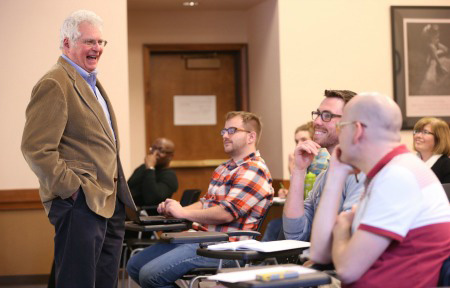
A multidisciplinary class at Vanderbilt Divinity School is exploring the ramifications of an increasing emphasis around the globe on the material world and this-worldly existence, according to Douglas Knight, who is teaching “Secularism” this semester with 29 other Vanderbilt faculty members serving as guest lecturers.
Knight, the Drucilla Moore Buffington Professor of Hebrew Bible and professor of Jewish studies, said that many Americans perceive the United States now as more secular than ever.
“Just consider, for example, how much time we spend working or playing with our new technologies, driving our cars, watching movies and TV, reading about cultures and events around the world, and depending on modern medicine,” he said. “Our lives are increasingly filled with non-religious elements, and this tension between religion and secularity has been going on for at least 300 to 400 years, from the Age of Reason and the advent of modern science to the present.”
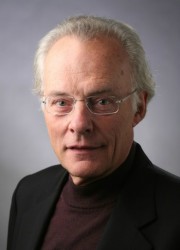
He noted that the term secularism also refers to the legal, political and social separation between the state and religion, and it is this definition of secularism that plays a role in so many news stories.
“Consistent with what Thomas Jefferson referred to as ‘the wall of separation between church and state,’ the secular is a focus on how to operate our governmental system, our state, in a fashion that does not subordinate it to religious authority,” Knight said. “The authority lies in the people and is embodied in the government. This does not mean religion goes away. Instead, secularism is a way of perceiving the world without having religion as a dominant lens.”
Knight, who will retire from teaching at the end of the spring semester after 42 years on the Vanderbilt faculty, has had a longtime interest in the subject of secularism, although it is not part of his formal research.
Knight is primarily a historian who studies the ancient Near Eastern world of two to three thousand years ago, and he lectured during the early part of this course on the ancient roots and antecedents of secularism.
“Secularism scarcely existed during antiquity and the medieval period, although certain philosophical notions as well as popular practices can be regarded as early precursors of what later emerged as a secular view of the world,” Knight said.
According to Knight, the invention of the printing press helped propel people’s interest in other beliefs and cultures. In addition, a broadening of perspectives through global exploration and scientific discoveries contributed to the development of secular thought in the early modern period.
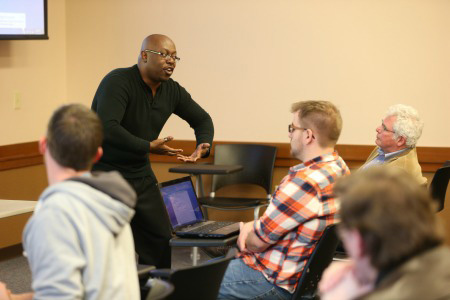
Fast forward to the countercultural 1960s, when many people believed that religion was on the decline and would be replaced by secular humanism.
“It’s clear that religion has not lost its hold across America and other nations,” Knight said. “In many respects, religion might be even more pronounced and more frequently in the news than ever before.” Knight also said that while many might assume that religious practice is strongest in the South because of its political conservatism, there are “pockets of intense religious activity” across the United States.
One example of how religion plays in the media is the intense interest in the religious beliefs and practices of political leaders.
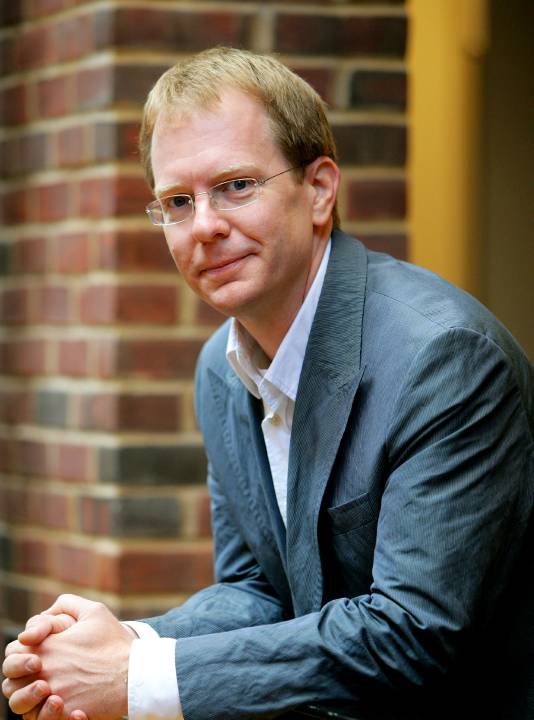
“How likely is it,” asked Knight, “that a person could be elected to high office without publicly proclaiming his or her religious identity? It could happen in some European countries but is scarcely thinkable today in the United States.”
As recently as the last presidential election, a significant group of voters expressed concern over Mitt Romney’s Mormon beliefs, discussing whether he could be considered a true Christian.
Knight is especially pleased with the multidisciplinary scope of the course, which includes faculty members from eight different schools: Divinity, Law, Owen, Peabody, Blair, Medicine, Graduate, and 12 departments of the College of Arts and Science.
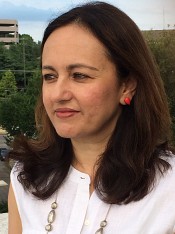
For example, during a session on the geography of secularism, five professors gave short talks: Annalisa Azzoni, senior lecturer in Hebrew Bible, on Europe; Ted Fischer, professor of anthropology, on Latin America; Samira Sheikh, associate professor of history, on Asia; Dianne Bell, Mellon Assistant Professor of Religious Studies, on Africa; and Knight on North America.
Beth Conklin, associate professor of anthropology, will discuss on March 17 how anthropologists distinguish between religiosity and secularism.
“We will consider whether there are special characteristics that mark more secular cultures,” Conklin said. “On the other hand, is secularism not a useful or appropriate concept to consider in the study of non-Western cultures?”
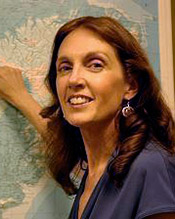
On that same date, Volney Gay, professor of religious studies, anthropology and psychiatry, will examine what psychological needs are met by a secular or by a non-secular approach toward life. Also, what problems attend each approach?
Other topics in the syllabus include secular ethics, the K-12 educational impact of “the wall of separation” between religion and state, cultural expressions of secularism, secularism and the workplace, and secularism and the media. The latter two subjects will be addressed by Bruce Barry, the Brownlee O. Currey, Jr. Professor of Management and professor of sociology, on March 25.
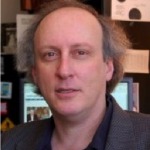
“Questions of religion and secularity in relation to work and employment are not just abstractions,” said Barry. “We saw them play out last year in a very real and public way when the U.S. Supreme Court ruled in Burwell v. Hobby Lobby about whether employers can use religious belief as grounds for noncompliance with laws and regulations that would otherwise apply to them. That particular case had to do with companies providing contraception-related health care for their employees.”
Students are assigned to read a series of articles about Burwell v. Hobby Lobby in preparation for the discussion. Barry will also give a second lecture pertaining to the media. “A fundamental question is whether this changing media landscape over the past few decades makes for a more or less secular society,” Barry said.
During the final session, the class will consider whether increasing secularism is a problem and/or solution in today’s world.
“One cultural feature that is not going away is the diversity of viewpoints in our nation, both among those who are religious and among those who are not,” Knight said. “In 2007, about 15 percent of people polled in a survey said they were not religious. That number jumped to almost 20 percent in 2012. That is a major change in just five years.”
Knight firmly believes that diversity and religious pluralism have strengthened the United States, and that secularism continues to be a major social phenomenon as well as an important subject for study.